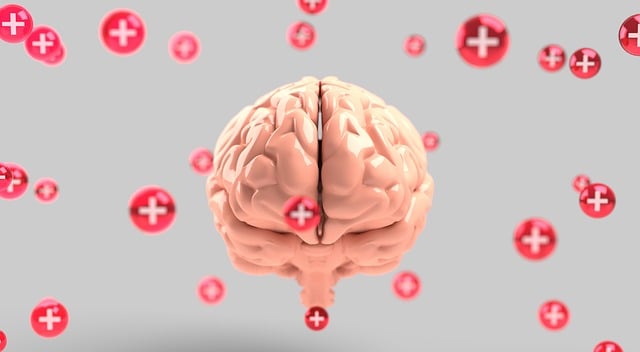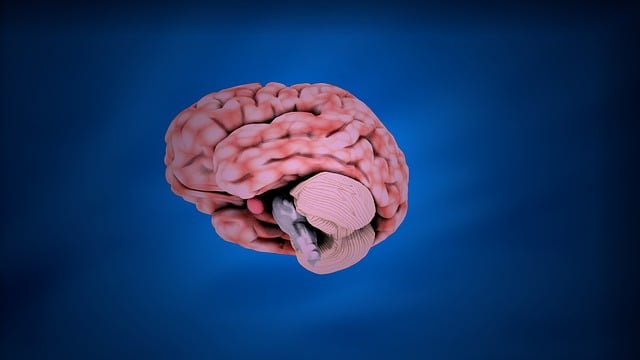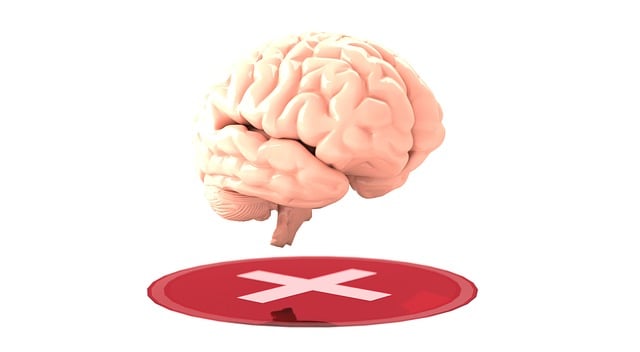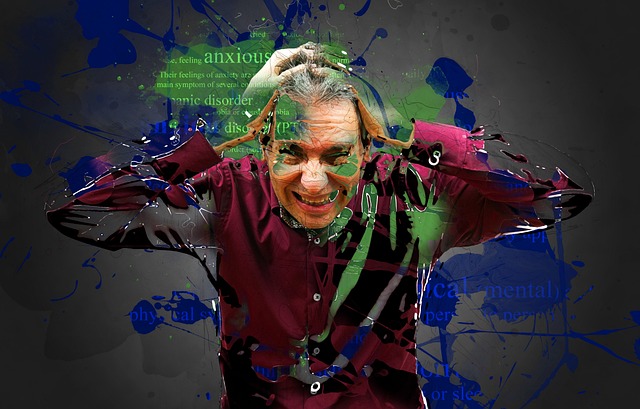The mental illness diagnosis process faces significant hurdles due to subjective reporting, cultural differences, and provider biases. Traditional methods relying heavily on patient self-report and clinical interviews lead to misdiagnoses. To improve accuracy, emerging strategies focus on integrating therapy for stress management and enhancing cultural competency training for healthcare providers. Crisis intervention guidance and burnout prevention are vital to ensure objective mental health professionals. The ultimate goal is a robust diagnosis framework that considers individual and cultural differences, aiming to enhance overall mental health outcomes by avoiding misaligned treatment plans and fostering trust in professional care.
Mental illness diagnosis accuracy is a critical aspect of patient care, yet current practices often face significant challenges. This article delves into the complexities of diagnosing mental health conditions, highlighting common gaps and the profound impact of inaccurate diagnoses on patient outcomes. We explore innovative solutions, including advancements in psychological assessments, medical imaging, and the transformative potential of artificial intelligence and data analytics. Furthermore, integrating stress management therapy emerges as a powerful tool to enhance diagnosis, addressing the intricate relationship between stress and mental health symptoms.
- The Current State of Mental Illness Diagnosis
- – Exploring common challenges and gaps in current diagnostic practices
- – Impact of inaccurate diagnoses on patient care and outcomes
The Current State of Mental Illness Diagnosis

The current state of mental illness diagnosis is characterized by a complex interplay of factors that impact accuracy and efficacy. Despite significant advancements in neuroscience and psychological research, misdiagnoses remain prevalent due to the subjective nature of symptom reporting and the vast spectrum of mental health conditions. Traditional diagnostic methods often rely heavily on patient self-report and clinical interviews, which can be influenced by personal biases, cultural differences, and even burnout among healthcare providers. This human element introduces variability that challenges consistency and accuracy.
Integrating therapy for stress management and enhancing healthcare provider cultural competency training are emerging strategies to improve diagnosis. Crisis intervention guidance and burnout prevention strategies play a crucial role in maintaining the objectivity and stamina of mental health professionals. By addressing these aspects, the field aims to create a more robust framework that considers individual differences, cultural nuances, and provider well-being for accurate mental illness diagnosis.
– Exploring common challenges and gaps in current diagnostic practices

Mental illness diagnosis remains a complex field, with several challenges hindering accuracy. One significant gap lies in the inconsistent application of diagnostic criteria across healthcare providers. This is often due to lack of specialized training and ongoing education, leading to misdiagnoses or delayed treatment. Additionally, many individuals struggle to articulate their symptoms, especially those facing social stigma associated with mental health issues. Effective communication strategies are crucial here; encouraging open dialogue between patients and mental health professionals can bridge this gap.
Another critical aspect is the need for comprehensive Mental Health Education Programs designed to equip both healthcare practitioners and the public with a deeper understanding of various mental illnesses. Such programs, coupled with robust Risk Management Planning for Mental Health Professionals, can enhance diagnostic accuracy while ensuring safety in treatment. Moreover, integrating therapy for stress management into these educational initiatives could significantly improve overall mental health outcomes.
– Impact of inaccurate diagnoses on patient care and outcomes

Inaccurate mental illness diagnoses can significantly impact patient care and outcomes, leading to misaligned treatment plans that may exacerbate symptoms or fail to address the root causes. When individuals receive incorrect labels for their psychological struggles, they might not receive the appropriate therapy for stress management, anxiety relief, or emotional intelligence development – all of which are crucial aspects of holistic mental health care. Such errors can foster a sense of hopelessness and mistrust among patients, hindering their willingness to seek professional help in the future.
Moreover, misdiagnoses contribute to broader challenges in risk management planning for mental health professionals. Inaccurate assessments not only pose risks to patient safety but also erode the credibility of healthcare providers and institutions. By prioritizing evidence-based practices and continuous training, mental health professionals can enhance diagnostic accuracy, ensuring that patients receive tailored interventions aimed at addressing their unique psychological needs effectively.
Mental illness diagnosis accuracy is a critical aspect of patient care, directly impacting treatment effectiveness. By addressing common challenges such as subjective symptoms, comorbidities, and cultural biases, we can enhance diagnostic practices. Integrating advanced assessment tools and promoting multidisciplinary collaboration will improve accuracy. Moreover, encouraging open conversations about mental health reduces stigma, fostering early intervention and better outcomes. Ultimately, investing in these efforts not only benefits individuals but also strengthens the overall mental health care system, ensuring more effective Therapy for Stress Management.











